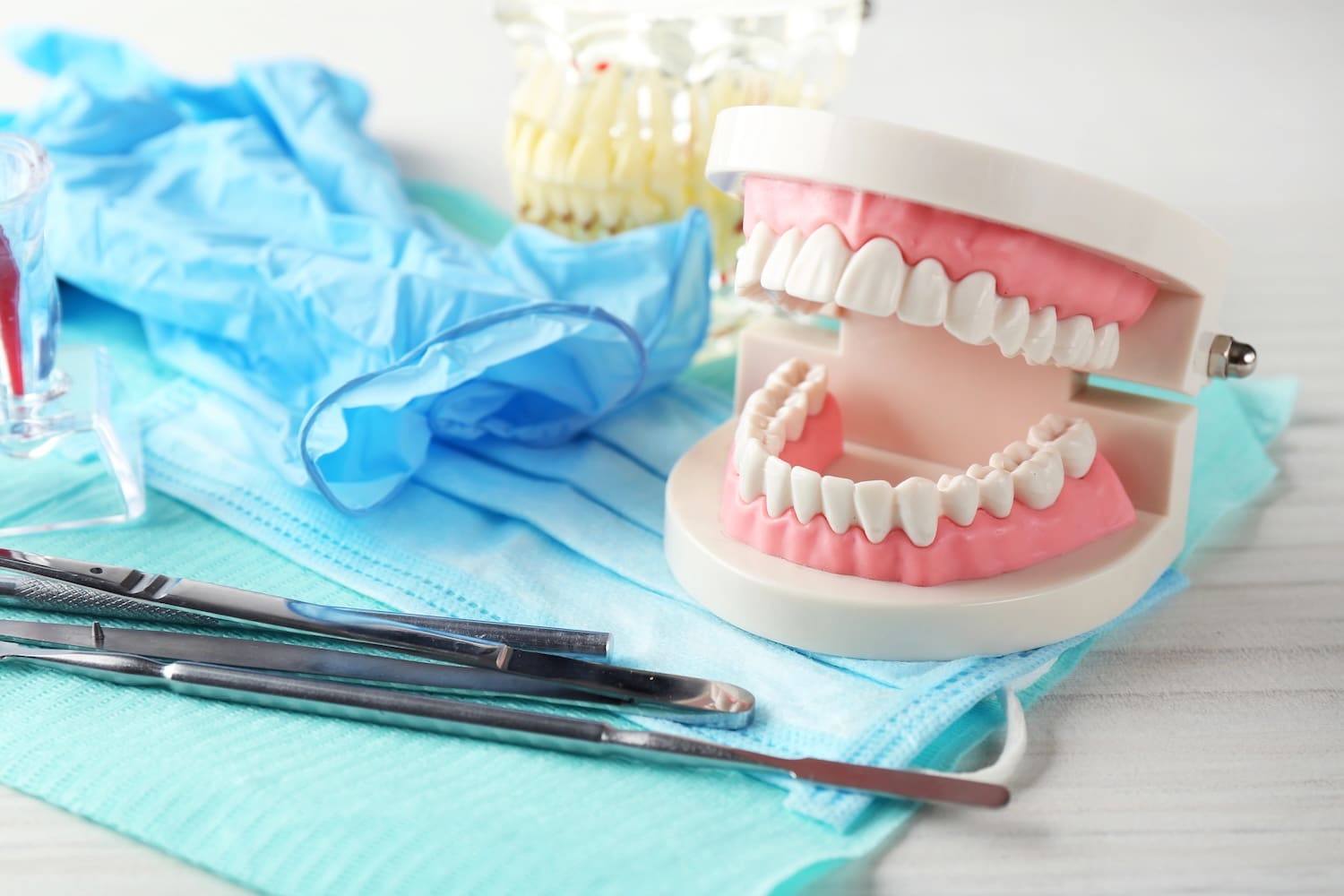A great way to increase wealth is to cut back on the taxes you pay. In Canada, tax is a huge expense for dentists. To get ahead, a strategy to reduce your tax burden is essential.
Table of Contents
ToggleReduce Tax Burden or Tax Liability of Your Dental Practice
Dental practice owners can take advantage of a few tax planning strategies for their dental practices. Not every strategy will work for you, but even leveraging a few can make a big difference in the tax you pay, in effect increasing your business income. Have a professional consultation for advice on financial planning, accounting, and legal matters before you begin a strategy.
Incorporating
Consider incorporating your dental practice as part of your tax strategy. In many situations, this can lead to opportunities for tax savings and claiming business expenses and tax deductions.
To gain the benefits of this strategy, money needs to be held within the corporation; you would need to draw money from it as a dividend. If you are likely to need all of the income from your dental practice, this option may not be worthwhile for you, especially as there are extra fees associated with corporate maintenance filings. However, if you do incorporate, there are some opportunities to reduce taxes owed.
Retirement Planning
You can increase your retirement planning for personal income taxes.
To reduce your personal tax, contributing to a Registered Retirement Savings Plan (RRSP) is a great way to reduce your tax bill. However, if you have incorporated and are an employee of the corporation you can also create an Individual Pension Plan (IPP) under the business.
You can use this plan to contribute more to your retirement than allowed by your RRSP maximum and, at the same time, give yourself a non-taxable benefit. The value of your IPP grows tax-deferred until you withdraw it after retirement. With an IPP as well as an RRSP, you can shelter more of your money, and have more for after retirement.
Health Spending Account
Under the corporation, you can also create a personal Health Spending Account (HSA). Health-care expenses can then become business deductions and another non-taxable benefit for you.
If you have a major medical expense, instead of withdrawing money directly from the company as taxable income, withdrawing this amount from the HSA makes it tax deductible for the company and a non-taxable benefit for you for a significant saving. Any unused funds will remain for when you may need it in the future.
Charitable Donations

Strategize charitable donations for your corporation to avoid capital gains taxes. You don’t need to claim the full donation that year; you can carry it forward for up to five years to help in a year that you need the benefit more. Generally, charitable donations of up to 75% of the corporation’s net income in a year can be claimed.
Hire Family Members
As a corporation, you can hire family members. As long as they are completing a legitimate service for the business, you can pay a tax deductible salary to lower your business taxes. While they will pay personal taxes, they may be in a lower tax bracket.
Pay Dividends
You could also have your adult children be shareholders, and pay them dividends. If they are in university or in low income tax brackets, this dividend income is taxed at a low rate. Paying yourself dividends instead of a salary may benefit you, too.
An individual who earns income as a salary pays a combined provincial and federal tax. However, money received as a dividend instead is taxed at a lower rate of 12%.
Save Tax on Mortgage Interest
If you have enough available funds in your dental practice, you can pay yourself a bulk sum to pay off your mortgage or significantly reduce it. You can then apply for a business loan to invest back into your dental practice; the interest on this loan is tax-deductible.
Depreciation
Don’t forget to claim depreciation on your dental practice property and equipment. Up to a certain percentage of the property’s cost can be deducted for depreciation, or the drop in value of that property. This is called a capital cost allowance for income tax purposes.
Compliance with Tax Laws

Tax compliance and accurate tax filings are important, not just for your business responsibility, but noncompliances can lead to expensive fines and lengthy audits. Simply not being aware of how to file properly or not fully understanding what you can and can’t claim, as well as making a mistake in filing, can lead to noncompliances.
Having a trusted professional chartered accountant experienced in dental practices helps prevent these types of errors.
The tax professionals at DentalTax can help you with tax planning to develop personalized strategies and maximize tax advantages to boost your overall tax savings.
Adam has an MBA from the Richard Ivey School of Business in London and also holds a Chartered Investment Manager designation.
- 2026 Tax Changes Affecting Canadian Dentists - January 5, 2026
- Financial Metrics Every Dental Practice Should Track - December 22, 2025
- Buying vs. Starting a Dental Practice: Financial Comparison - December 11, 2025




